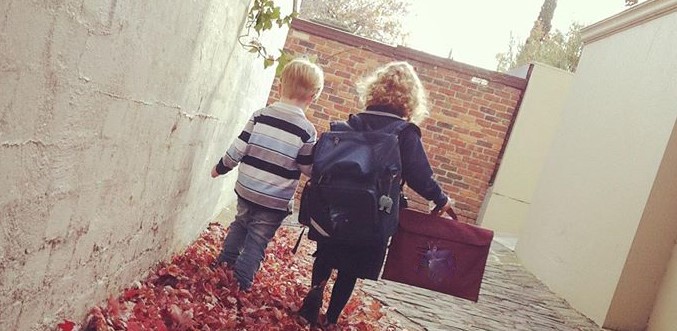
Early Childhood Education
Publication Date
6-25-2020
Subjects
Early childhood education, Student assessment
Abstract
This review focuses on the Outcome: Children have a strong sense of identity. Its purpose is to equip early childhood professionals with the knowledge to identify and assess children’s progress towards this Outcome in all early childhood settings. Central to the child’s development of a sense of identity is their personal identity. This includes awareness of self, summed up in the statement: ‘I know who I am’, and includes the constructs of self-expression and self-awareness. A strong sense of identity requires that a child also appreciates who they are, summed up in the statement: ‘I value who I am’. The development of self-esteem and self-efficacy supports this. The contribution that other people make to the child’s development helps to define the child’s social identity. There are two elements that build social identity; one is the learning received from an inward direction, the other is what the child learns from looking outward. The young child’s attachment and communication with close others, such as parents and family members, helps them learn that ‘You know who I am’, contributing to their understanding of themselves as knowable. When these inward social bonds furnish the child with security and trust, they develop the concept that ‘You value who I am’. Looking outwards, a child will develop a sense of social identity based on a growing awareness that they are part of some groups (ingroup identification) and are different from those in other groups (outgroup recognition). Thus they will be able to say ‘I know who you are’. When this sense of outward social identity is strong and the child develops empathy and respect for others, this will translate into ‘I value who you are’.
Recommended Citation
Jackson, J., Noble, K., Anzai, D., Mitchell, P., & Cloney, D. (2020). Assessment of children as having a strong sense of identity in Early Childhood Education and Care: Literature review. Victorian Curriculum and Assessment Authority (VCAA). https://research.acer.edu.au/early_childhood_misc/26
Copyright Statement
Copyright Victorian Curriculum and Assessment Authority 2020
Place of Publication
Melbourne, Australia
Publisher
Victorian Curriculum and Assessment Authority (VCAA)
ISBN
978-1-74010-087-8
Geographic Subject
Victoria
Included in
Early Childhood Education Commons, Educational Assessment, Evaluation, and Research Commons


Comments
This literature review is one of a series to support Victorian early childhood professionals to assess children’s learning and development in relation to the five Learning and Development Outcomes in the Victorian Early Years Learning and Development Framework (VEYLDF).
The Victorian Curriculum and Assessment Authority acknowledges the work of the Australian Council for Educational Research reviewers, Claire Murphy and Greg Donoghue, and Senior Librarian Jenny Trevitt, in the development of this literature review.